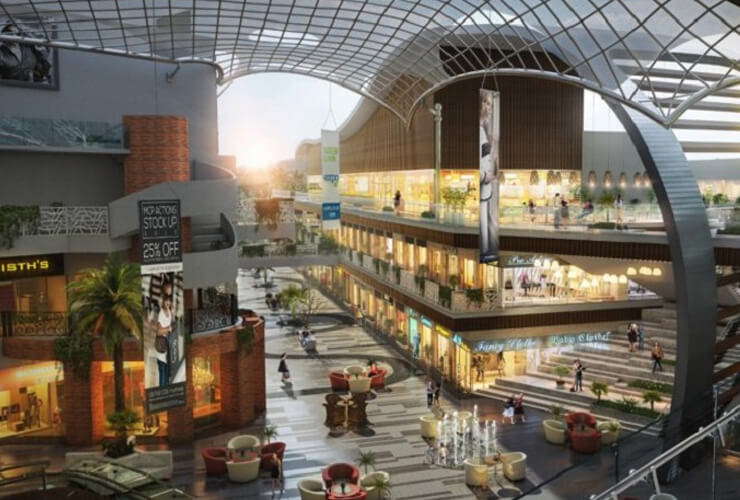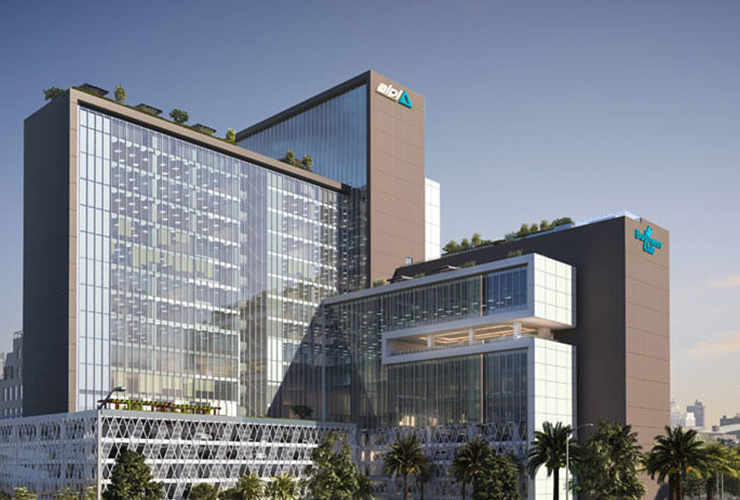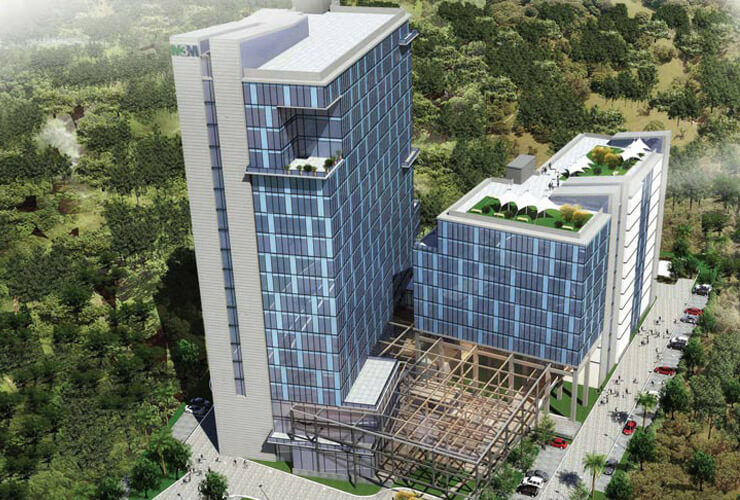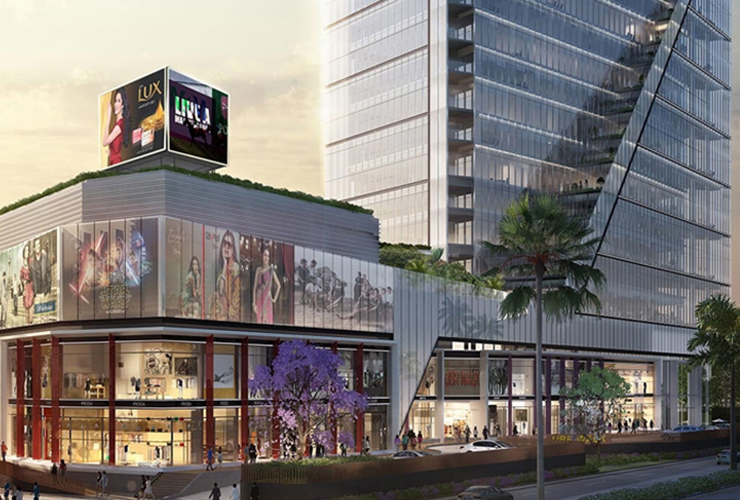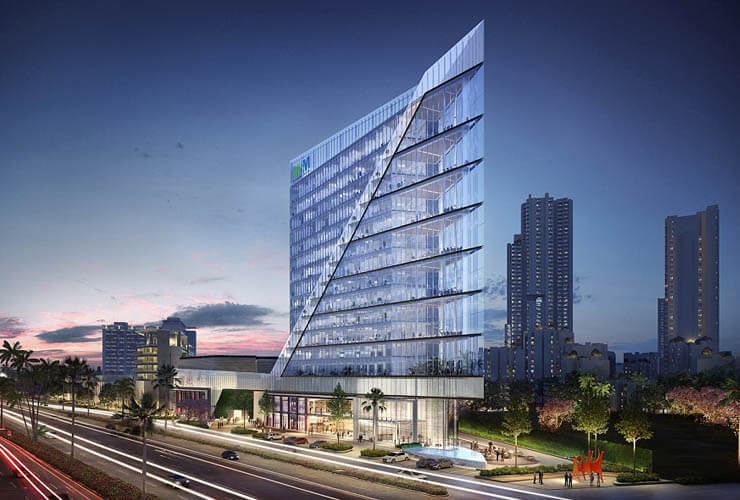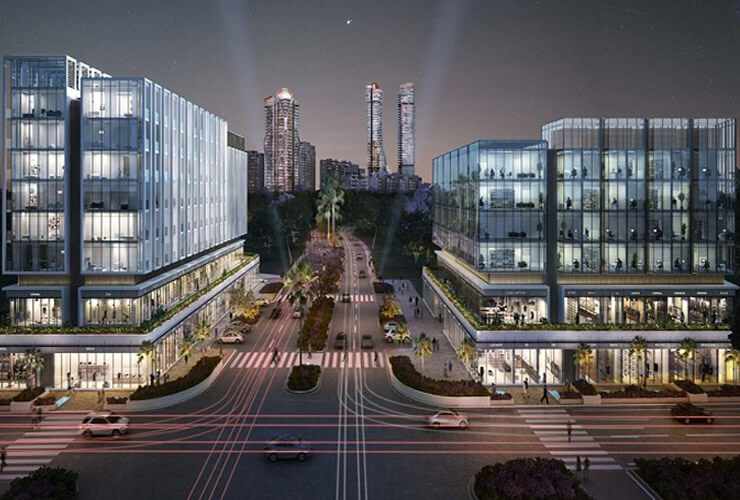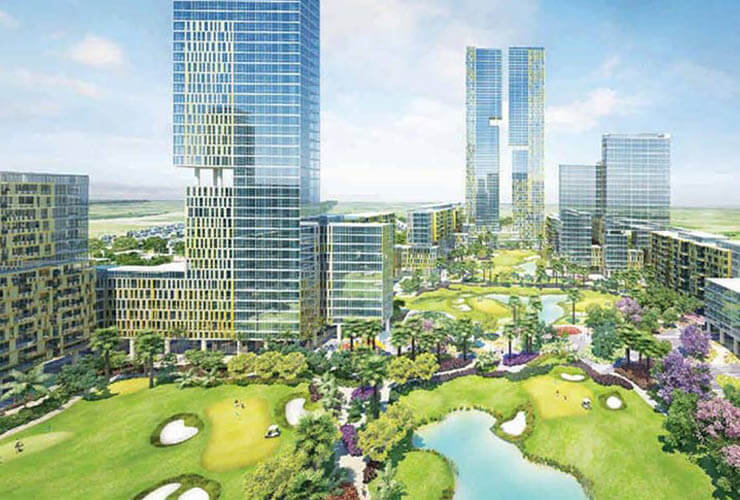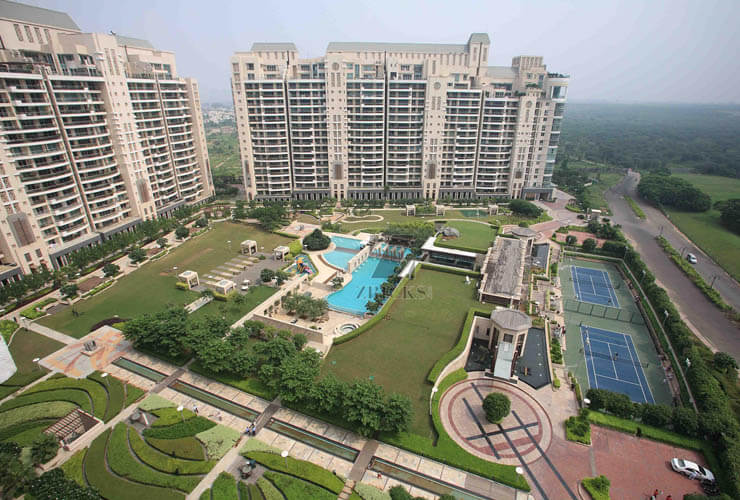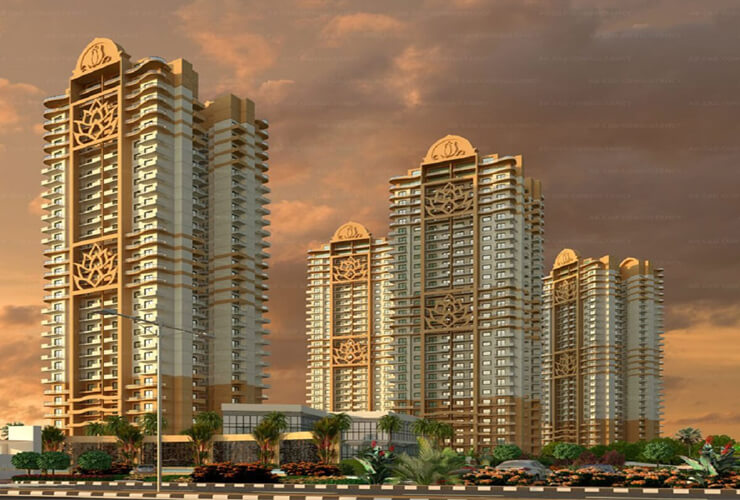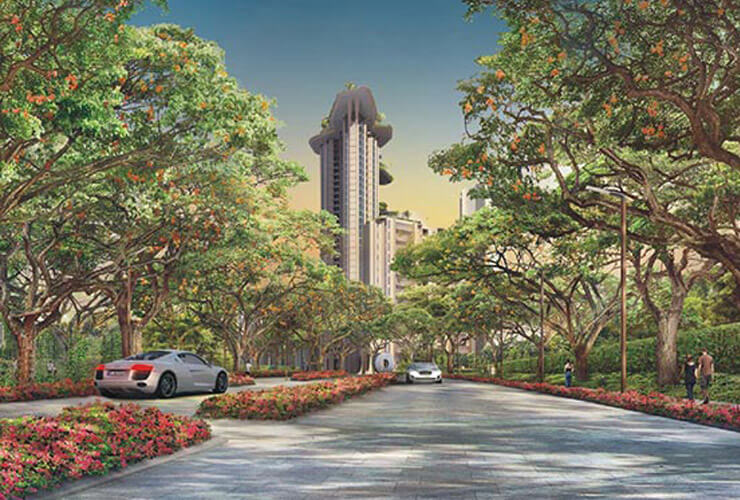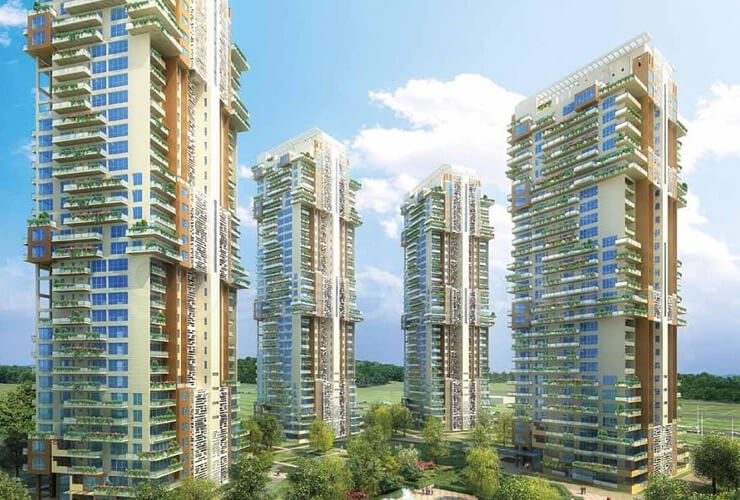What is the new market expectation in realty when it comes to value?

Source: http://paper.hindustantimes.com/epaper/viewer.aspx 18 May 2019
Despite the slowdown witnessed in India’s real estate sector that has brought in drastic changes in buying patterns amongst home and commercial property buyers, the industry continuous to be vibrant and strong on delivery and the businesses intact.
The sector has grown nearly eight per cent during FY19 as against the same period in FY18 even as financial pressures and fast changing dynamics of the industry has more or less created turmoil in the real estate market. Post-parliamentary elections from next month should have more demand and that will enthuse more interests amongst buyers and have its positive impact on the overall real estate market in the country.
Though there is a lot of discussions around how well will the real-estate perform and create value, the strong foot-holding that the sector has created over many decades will continue to ensure its niche and the goodwill that it brings with it. While demand for housing and commercial properties in some markets may have been subdued, properties that are good and at right location are worthy and showing value to buyers are selling. In year 2018, demand picked-up for residential housing and commercial businesses in top seven Indian cities namely the Delhi-National Capital Region (NCR), Mumbai Metropolitan Region (MMR), Pune, Kolkata, Bengaluru, Hyderabad and Chennai. Infrastructure developments has also complemented to the growth of real estate with slew of emerging micro-markets. Some of these projects include Pirangut in Pune Airoli in Navi Mumbai, Madhapur Nacharam in Hyderabad and many more such industrial hubs are seeing traction to demand for housing. These upcoming infra projects is opening up new avenues for homebuyers and developers.
The concept of affordable housing being nurtured by the government has taken measures to boost its ‘Housing for All’ has been incentivizing private developers with tax subsidies to construct affordable residential houses. Growing first-time home buyers from the mid-segment and increased migrants to cities for work and changing concept and demand for luxury housing is immensely created value for residential housing that was more or less stagnant for years.
Rising demand for affordable housing after the revival of Jewar Airport and New Aqua Line Metro connectivity in Noida, Greater-Noida region has largely redefined the need for affordable housing space in the region. Leading developers have begun projects that offer a blend of quality housing and luxury living, while keeping the concept of affordable housing intact. Access to upcoming Jewar airports, multiple connectivity and widened access of roads to reach Delhi, Gurugram, Faridabad and other NCR cities, besides access to metro grid covering majority of these localities will have a multiplier effect, when it comes to value of their property and at the same time give one a satisfaction of having something which is “value for money”.
On the other hand, real-estate market across other cities and towns across the country continuous to be robust as families are becoming smaller and they are all willing and look at owning a house as one of the primary need, which was not much the case earlier. So given the increasing demand for housing and tremendous rise in opportunities for commercial real estate across the real estate is all set-up to increase value of real estate multi-folded.
In next few years, the real estate market will bounce back as never before to give great value to money, exceeding market expectations. Investments that have slowed down is getting a facelift with major initiatives coming in the real estate sector. India’s first Real Estate Investment Trust (REIT) by Embassy Office Parks, a Bangalore-based real estate developer and backed by Blackstone Group LP, a global private equity firm will have close to Rs 4,570 crore through an Initial Public Offer (IPO). REITs that invest in commercial real estate are popular product worldwide and are securities linked to real estate traded on stock exchanges once they get listed. REITs are like mutual fund, which have fund managers, sponsors, unit holders, trustees.
Return on property investments is something very close to the heart of every buyer. When we talk of expected return on real estate, commercial real estate can provide you a return anywhere between 8% and 10% per annum. However, commercial space or an office space in prime locations could give you even better returns. On conservative estimates, the projected return on real estate investments could be anywhere between 8% and 14% in short to medium term (post adjustment of fund management fee) with minimum risks. However, on long term investments, the expectations given the current market trend could be low to mid-level double-digit returns.
India’s real estate are set to scale new heights with robust economic reforms, improved governance, transparency and increased foreign investments in the sector. Leading in the NRI segment is Dubai-based NRIs, who are constituting a bulk of investment in India’s real estate market. According to a World Bank report, India received close to six lakh crore in remittances in year 2018, of which a sizeable portion went into real estate. Major NRI investments in India’s real estate come from Indian expatriates from United States, Britain, Canada and UAE.
Another contentious issue that is everywhere in the minds of real estate buyers and developers is the Goods and Sale Taxes (GST) which is gaining its foothold on real estate and will take some more time to mitigate developing issues around it. However, the government has been working towards easing the pressure emanating out of GST for the real estate sector. The 33rd GST Council which met in February 25 this year has come as a major relief to homebuyers and the real estate sector. The GST Council slashed tax rates for non-affordable and affordable housing. The Council had agreed to bring GST rate on under-construction properties in normal category down to 5 per cent from 12 per cent. Besides the GST Council also cut GST rate for affordable housing to 1 per cent from the earlier 8 per cent. The revised GST rates came into effect from April 1, 2019, a big shot in the arm for both real estate buyers and developers and is going to make the sector more vibrant and attractive.


